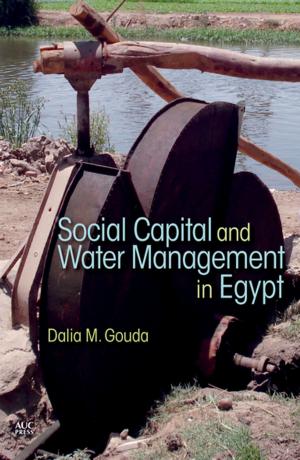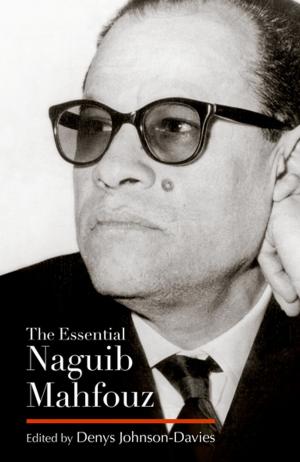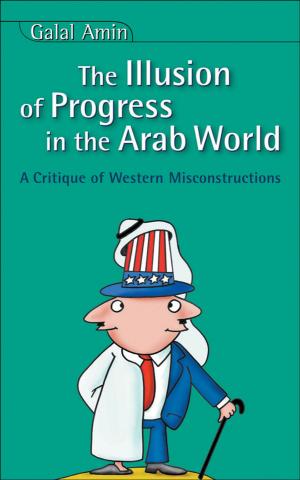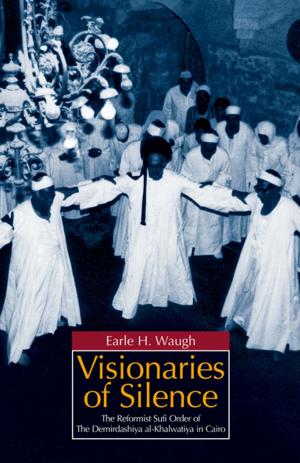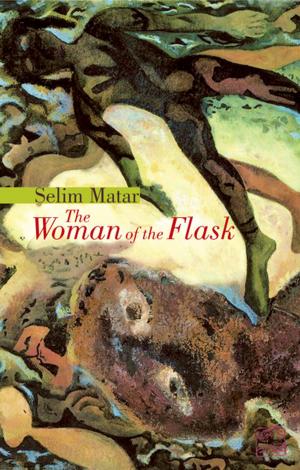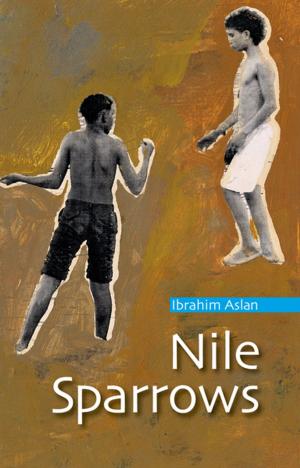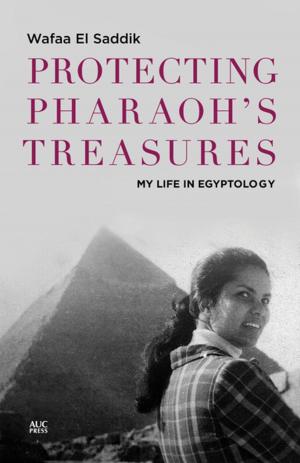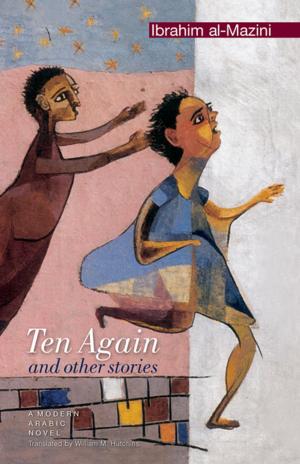Quakers in the Israeli Palestinian Conflict
The Dilemmas of NGO Humanitarian Activism
Nonfiction, History, Africa, Egypt, Middle East, Israel, Social & Cultural Studies, Political Science| Author: | Nancy Gallagher | ISBN: | 9781617973765 |
| Publisher: | The American University in Cairo Press | Publication: | September 1, 2007 |
| Imprint: | The American University in Cairo Press | Language: | English |
| Author: | Nancy Gallagher |
| ISBN: | 9781617973765 |
| Publisher: | The American University in Cairo Press |
| Publication: | September 1, 2007 |
| Imprint: | The American University in Cairo Press |
| Language: | English |
The Israeli Palestinian conflict has resulted in the longest-standing refugee crisis in the world today. Based on new archival research and interviews with surviving participants, this book considers one early effort to resolve that crisis while offering helpful lessons for current efforts at conflict resolution in the Middle East and elsewhere. When war broke out in Palestine in 1948, the American Friends Service Committee (AFSC), a Quaker service organization, had just won the Nobel Peace Prize for its peacemaking endeavors and its service to war refugees during the Second World War. On the basis of that experience, the United Nations invited the highly visible AFSC to provide humanitarian relief to Arab refugees in Gaza. The AFSC also sent volunteers to work in Israel, where they hoped to serve both Arabs and Jews. Its long-term goal was repatriation of the refugees and conciliation and coexistence between Israelis and Palestinians. As eyewitnesses to some of the major events of the conflict, the AFSC volunteers came to understand it better than most outsiders at the time. By examining these early efforts at peacemaking and assistance, historian Nancy Gallagher has uncovered essential insights for today's peacemakers, human rights activists, and humanitarian NGOs.
The Israeli Palestinian conflict has resulted in the longest-standing refugee crisis in the world today. Based on new archival research and interviews with surviving participants, this book considers one early effort to resolve that crisis while offering helpful lessons for current efforts at conflict resolution in the Middle East and elsewhere. When war broke out in Palestine in 1948, the American Friends Service Committee (AFSC), a Quaker service organization, had just won the Nobel Peace Prize for its peacemaking endeavors and its service to war refugees during the Second World War. On the basis of that experience, the United Nations invited the highly visible AFSC to provide humanitarian relief to Arab refugees in Gaza. The AFSC also sent volunteers to work in Israel, where they hoped to serve both Arabs and Jews. Its long-term goal was repatriation of the refugees and conciliation and coexistence between Israelis and Palestinians. As eyewitnesses to some of the major events of the conflict, the AFSC volunteers came to understand it better than most outsiders at the time. By examining these early efforts at peacemaking and assistance, historian Nancy Gallagher has uncovered essential insights for today's peacemakers, human rights activists, and humanitarian NGOs.

